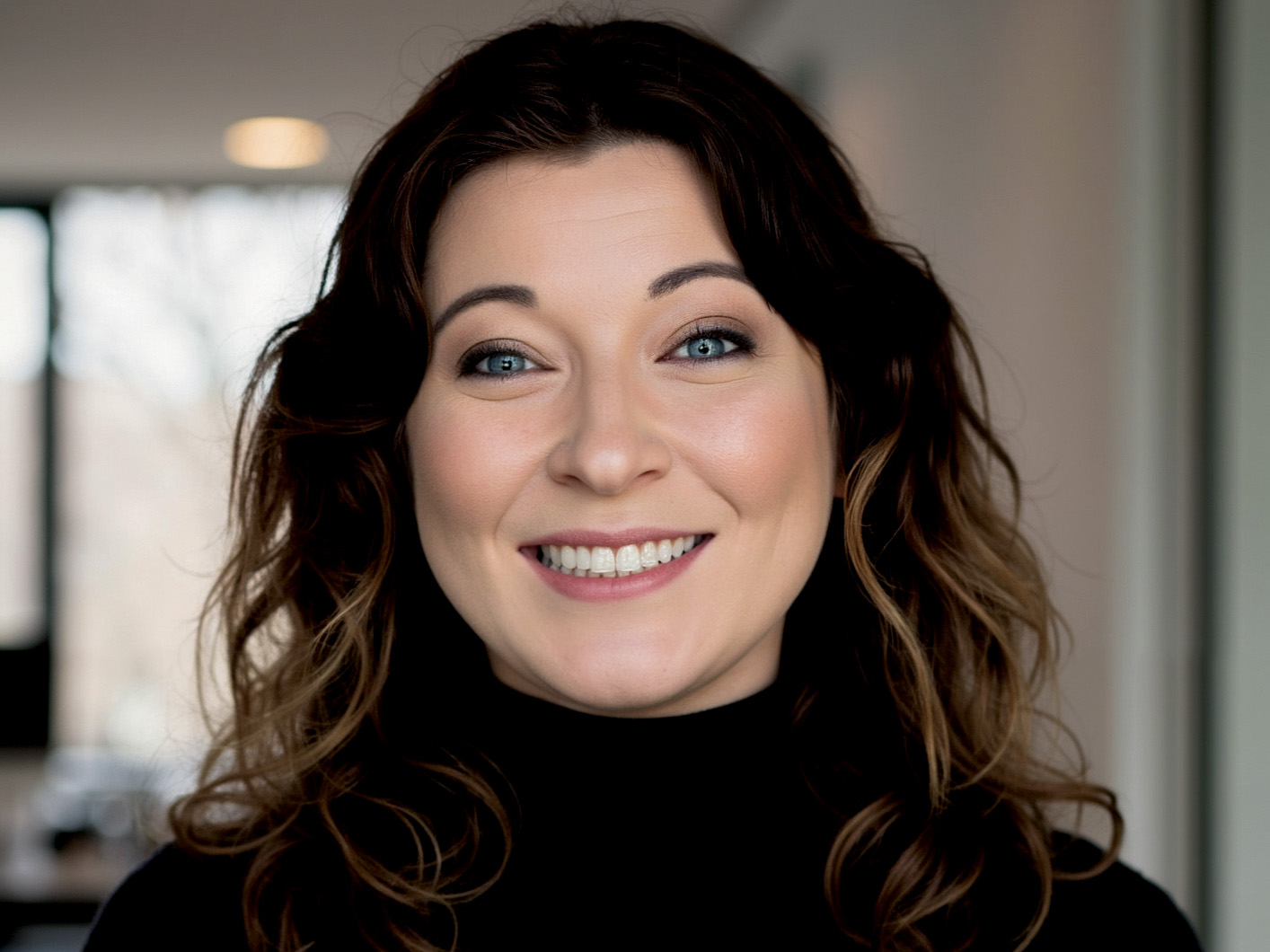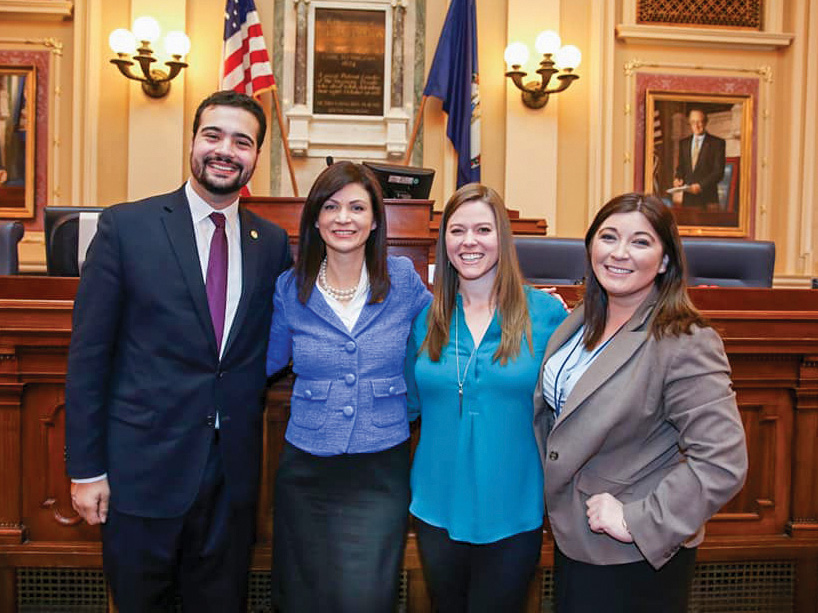Brain Power
Alumna channels decade of public policy expertise into advocacy
 Denver Supinger
Denver SupingerDenver Supinger (B.A. ’14, M.P.A. ’15) has worked tirelessly in the 10 years since her graduation in the arena of public policy, utilizing foundational skills forged in the Department of Political Science and the L. Douglas Wilder School of Government and Public Affairs. Her career journey has included stops in local and state government as well as political campaigns in Virginia, and nonprofits and unions located along the Capital Beltway. These days Supinger serves as the director of advocacy and government relations for the Brain Injury Association of America.
Q: What drew you to VCU? What inspired you to choose political science as your major?
A: I knew VCU was the school for me within moments of starting my campus tour. I saw a vibrant and diverse student body, felt the energy of the city around me, and heard how the university positioned itself as a place for everyone. I knew then that VCU would be more than just an academic experience; it would be a place where I could grow into a more grounded, engaged, and whole person.
Unlike other universities situated in isolated college towns, VCU was embedded in the heart of Richmond — immersed in the energy, complexity, and everyday life of the city. This setting gave us the opportunity to engage directly with local issues and use our voices and curiosity to give back to the community around us. I chose the political science program because I knew I wanted to make a difference and help shape a more just and equitable world.
Q: You’ve had an expansive career since completing your education at VCU. What inspired you to serve in these areas?
A: All I’ve ever wanted to do is give back to my community and make the world a better place. At first, I thought I’d achieve that through academia by producing research that could inform and inspire change. But after the 2016 election, I realized I needed to be an active agent of change, not just a commentator. I immersed myself fully in politics and government systems, knowing that real impact comes from within. Being embedded in these systems has allowed me to help shape policy conversations, offer meaningful recommendations, and advocate for the change our world needs. I didn’t want to be a bystander to advocacy and action. I wanted to be an active participant, and my career has allowed me to do exactly that.
Q: What does your day-to-day look like in your current role as the director of advocacy and government relations at the Brain Injury Association of America?
A: There’s no such thing as a typical day in my role. My work is often reactive to the fast-paced developments on Capitol Hill and in state legislatures across the country. At any given moment, I might be meeting with a member of Congress, strategizing with state leaders to advance key legislation, engaging with a federal agency on care protocols, or drafting briefs and public-facing summaries. No matter the task, my job consistently requires me to build strong relationships, educate others on the prevalence and realities of brain injury, and advocate for policies that support and empower our community to thrive.
Q: Reflecting on your time at VCU, how do you feel your experience on campus helped prepare you to accomplish the work you’ve done so far in your career?

A: Something I often tell people about VCU is that it’s not a university that coddles you; it challenges you. It gives you space to grow, push your limits, and discover who you are as an engaged member of society.
While at VCU, I worked multiple jobs, built a life beyond campus, and studied full-time nearly year-round. I was able to explore who I was outside the brand and structure of a traditional university experience. Like many of my peers, I faced tough life lessons that ultimately shaped me into a more resilient, well-rounded person. This real-world experience — not an insulated college bubble — allowed me to see political issues play out in real time, understand the everyday impact of federal and state policy, and ground my advocacy in lived experience.